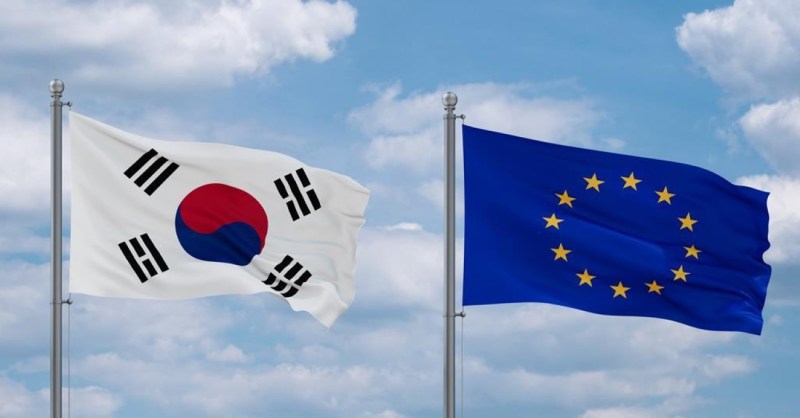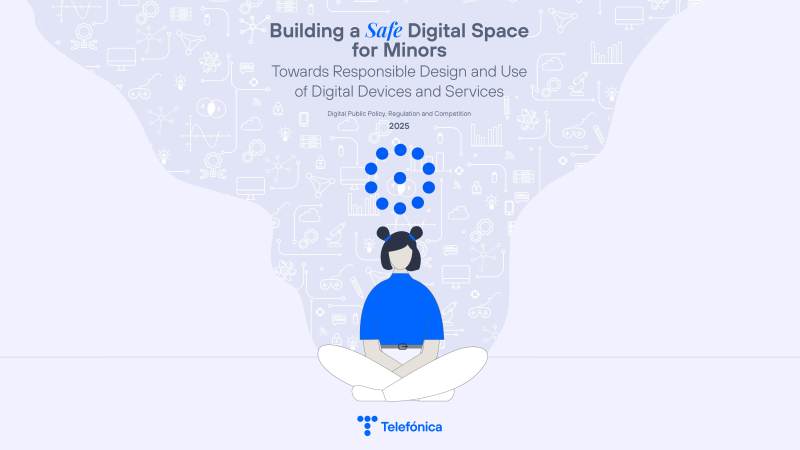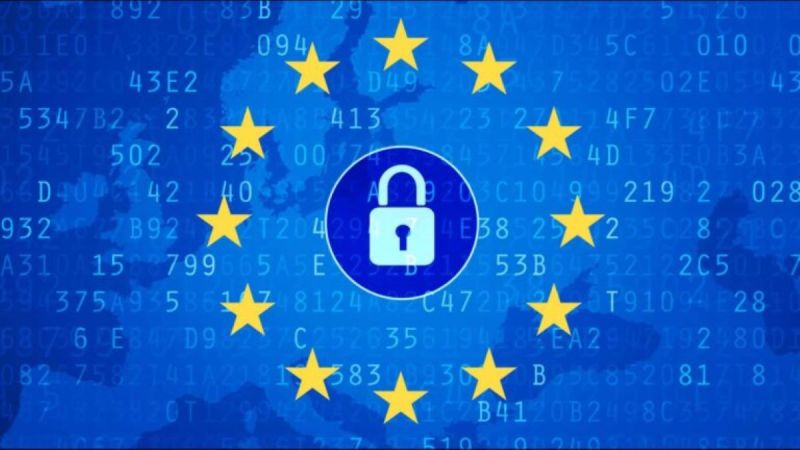Privacy is a founding value of democratic societies and responds to the right of individuals to have their private life interfered with by no one and nothing. This right has become even more relevant with the digitalisation that our societies and economies have been experiencing in recent decades. Data is transforming everything, allowing us to move forward at an unimaginable pace that has accelerated with the Covid-19 crisis.
We need a renewed focus on the responsibility of companies and public administrations towards the people and societies they serve. We must aim to create data governance that builds citizen trust by providing control and value to digital life.
The protection of users’ privacy must be a prerequisite when offering digital services. In the digital era, we must consider privacy and innovation as levers of opportunity. In fact, the most innovative and promising ideas today have user privacy as their starting point. They are all based on the premise that people should be in control of what they share with whom, when and where.

Telefónica is committed to the development of a sustainable model of data exchange in which all the actors involved obtain benefits, generating virtuous circles and a sustainable ecosystem. This model must be based on four fundamental axes:
- Individuals must have the ability to manage and have control over their personal data, which implies enabling access to their data and to additional information on risks and benefits associated with its management.
- The principle of transparency implies making available to individuals simple tools to substantiate this control over data and the appropriate technological development to generate the potential benefits derived from the data.
- Real choices about how to use the data should be made available to them, avoiding the “all or nothing” trade-offs that are common in the terms and conditions of digital services.
- Data must be secure, and people’s privacy must be preserved. This is the basis of our business and our main consideration when designing our services and collaborating with third parties.
In this sense, it is essential to favour new mechanisms that give users more control and choice over the decisions they make in the digital environment. Companies and Public Administrations that use or develop such services should implement existing best practices for responsible use that allow us to enjoy a full, safe and reliable digital life to the fullest.
Read more



